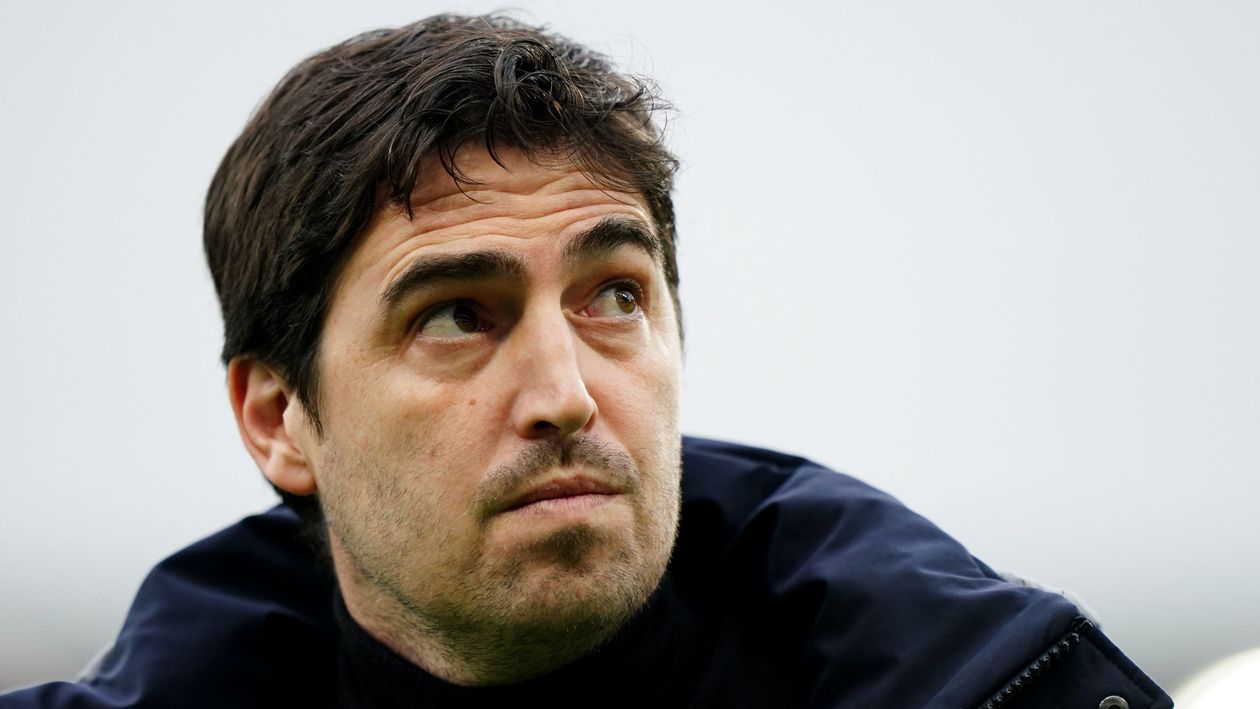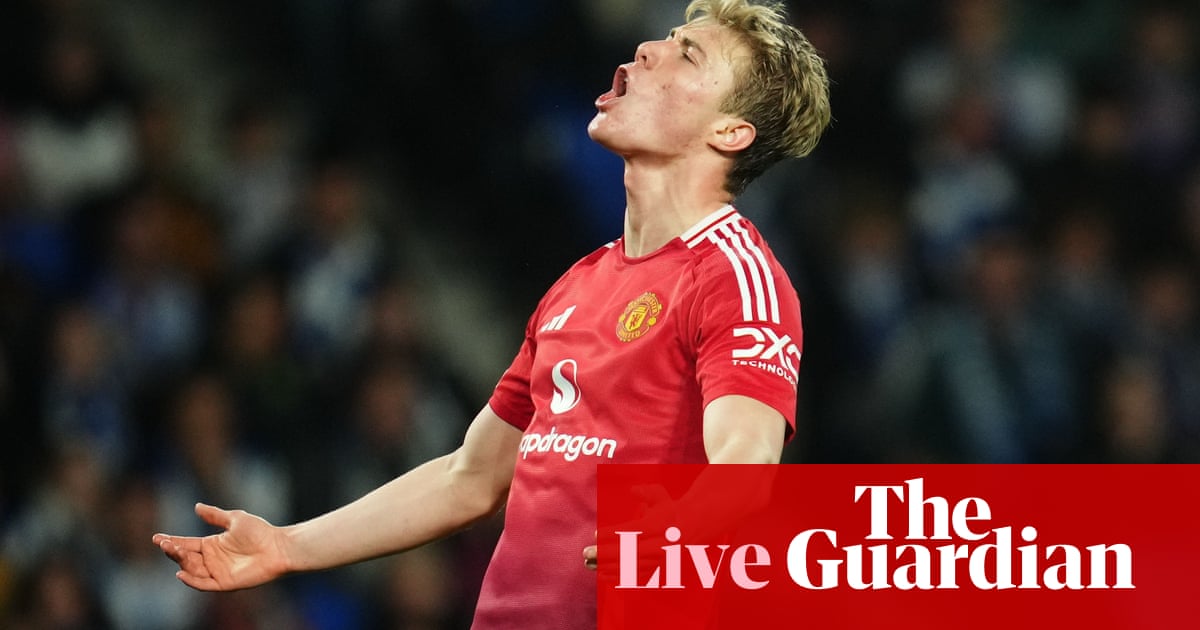There is nothing more extraordinary happening in European football right now than Bournemouth occupying the Champions League positions in the Premier League table.
It might sound Anglocentric to say it, but the scale of what Andoni Iraola is doing at the Vitality Stadium really hasn’t been given enough credit just yet.
Bournemouth’s history, spending budget, and stadium size makes even their presence at Premier League level a minor miracle (as one of Iraola’s predecessors, Scott Parker, was all-too keen to point out), so to rise through what is supposedly a locked division defined by its inequality is almost unbelievable.
Nottingham Forest’s position four points above them means few are really appreciating the over-achievement.
But Forest rank 13th in the wage bill table, four places above Iraola’s side and spending £14 million per year more, a 29% increase on Bournemouth’s, and Forest’s stadium capacity is 30,445, almost three times as big as the Vitality’s 11,000.
Even acknowledging Forest’s incredible campaign there really is no comparison. Bournemouth are streets ahead, particularly when it comes to the process of how they have got here.
Nuno Espirito Santo’s counter-attacking football is a bit of a throwback, a welcome snub of modern trends but an anomaly. Iraola is at the very cutting edge.
Bournemouth are the embodiment of modern attacking football – and of the movement away from the Guardiolistas, through the Kloppites, and into a future built on transitions and direct football.
They are not interested in possession without sharp, vertical purpose. They are happy to hit long balls into the channels (they’re second in the division for long passes) if it gets the other team spun around, and won’t apologise for a passing philosophy too varied to be pinned down by a simple philosophy.
Instead, their moves are drilled relentlessly in training: the wall-passes, the position-swapping forwards, and the all-out attacking waves following a transition practiced again and again until they become ‘automatisms’ to be enacted on the pitch.
And most of those moves are predicated on how and where they win the ball back. Iraola preaches furious but targeted pressing aimed at unsettling the opponent’s rhythm and giving Bournemouth the chance to run straight through on goal. They are top of the Premier League charts for recoveries (1251) and second for interceptions (241).
But unlike Tottenham, for example, it is not constant or uncontrolled. The pressing traps are, again, pre-prepared and, again, too varied to be captured in a few sentences.
Straight lines and long balls; passing moves etched into muscle memory; and a pressing game too complex for others to follow: Bournemouth could not be any more modern, any more futuristic in how they approach the game.
That is why they are here to stay. By being at the vanguard of tactics even Premier League opposition cannot work out how to stop them, but more importantly by devising the plans in such minute detail in training Iraola is able to seamlessly replace one component part with another.
Swapping Dominic Solanke for Evanilson is a prime example, as is Bournemouth’s smooth continuation since Evanilson’s injury. It’s the system that makes the players look good, not the other way around.
That doesn’t mean we can’t lavish them with praise, mind, and certainly Bournemouth’s scouting network and recruiting team deserve plaudits for their part in Iraola’s revolution.
Milos Kerkez looks set to go to the very top of the game. Justin Kluivert has never found such consistent form in his career and is finally fulfilling that early promise.
Dean Huijsen’s ball-playing abilities and aggressive front-foot defending have taken Bournemouth to the next level, while Antoine Semenyo and Dango Ouattara – with 22 Premier League goal involvements between them – have turned out to be remarkable finds.
This is no fluke, and nor is Bournemouth’s surge up the table a temporary phenomenon. They rank third in the Premier League for chances created (306), direct attacks (110), expected goals (46.8), and – most importantly – for expected points (46.17), according to understat.com.
A club-record season is already all-but guaranteed considering Bournemouth’s previous bests were ninth in 2016/17 and 48 points, set last season. They are already on 43 with 13 games still to go.
But supporters will rightly expect more than just that. Their underlying numbers and their tactical sophistication suggests European football is surely on the cards.
It won’t be long before they rise above Forest to become the new media darlings.
Safer gambling
We are committed in our support of safer gambling. Recommended bets are advised to over-18s and we strongly encourage readers to wager only what they can afford to lose.
If you are concerned about your gambling, please call the National Gambling Helpline / GamCare on 0808 8020 133.
Further support and information can be found at begambleaware.org and gamblingtherapy.org.












